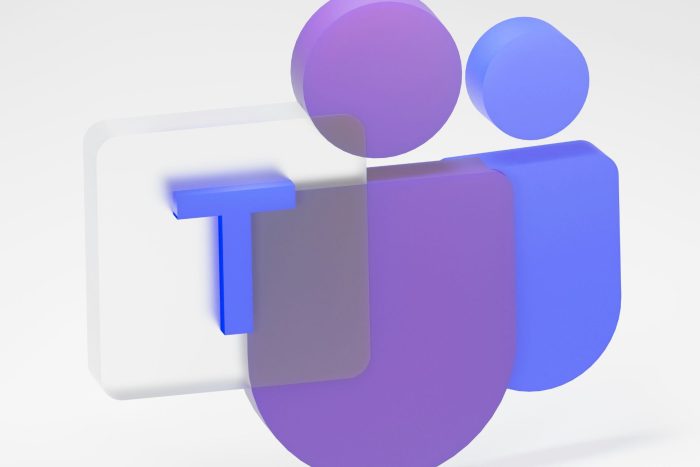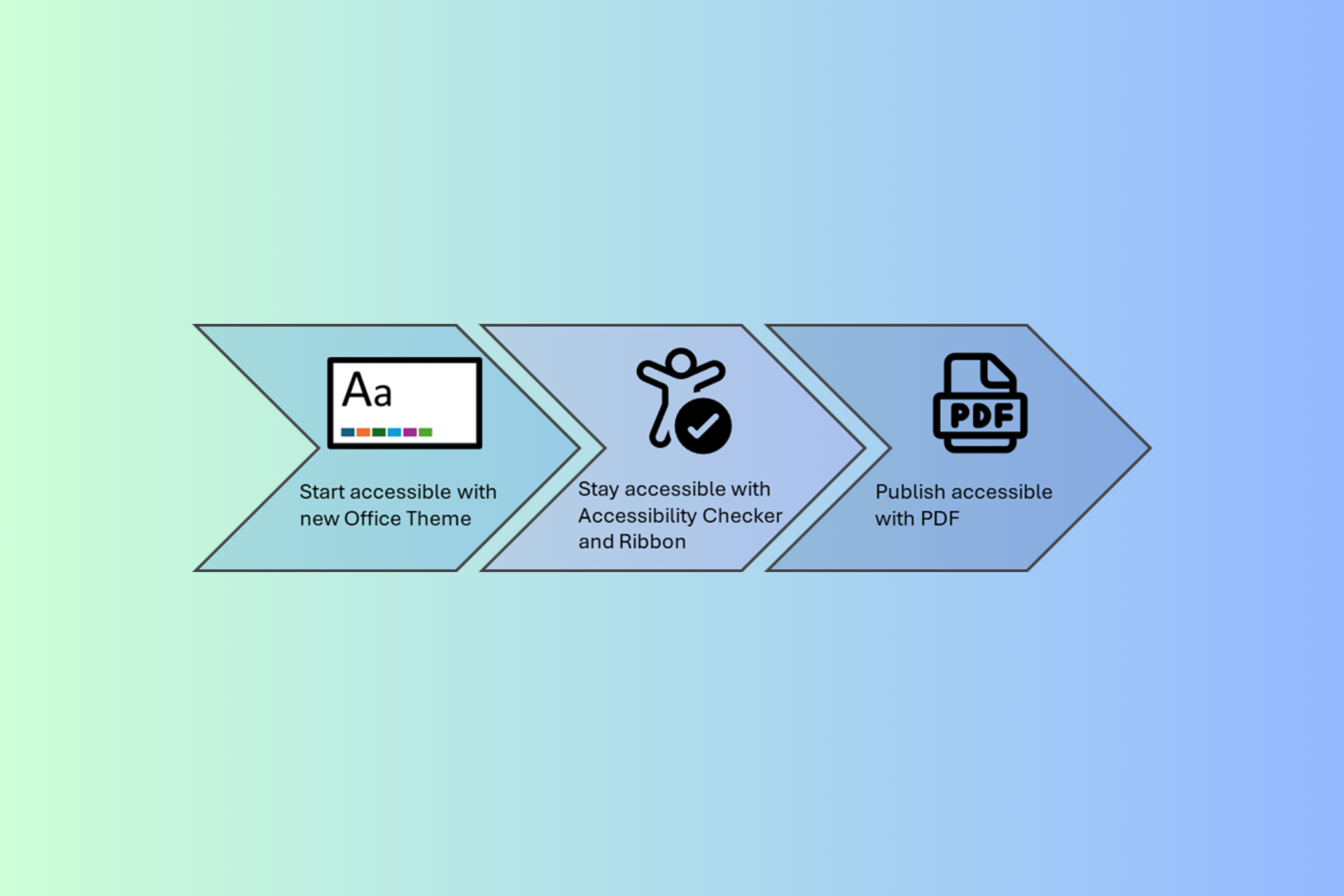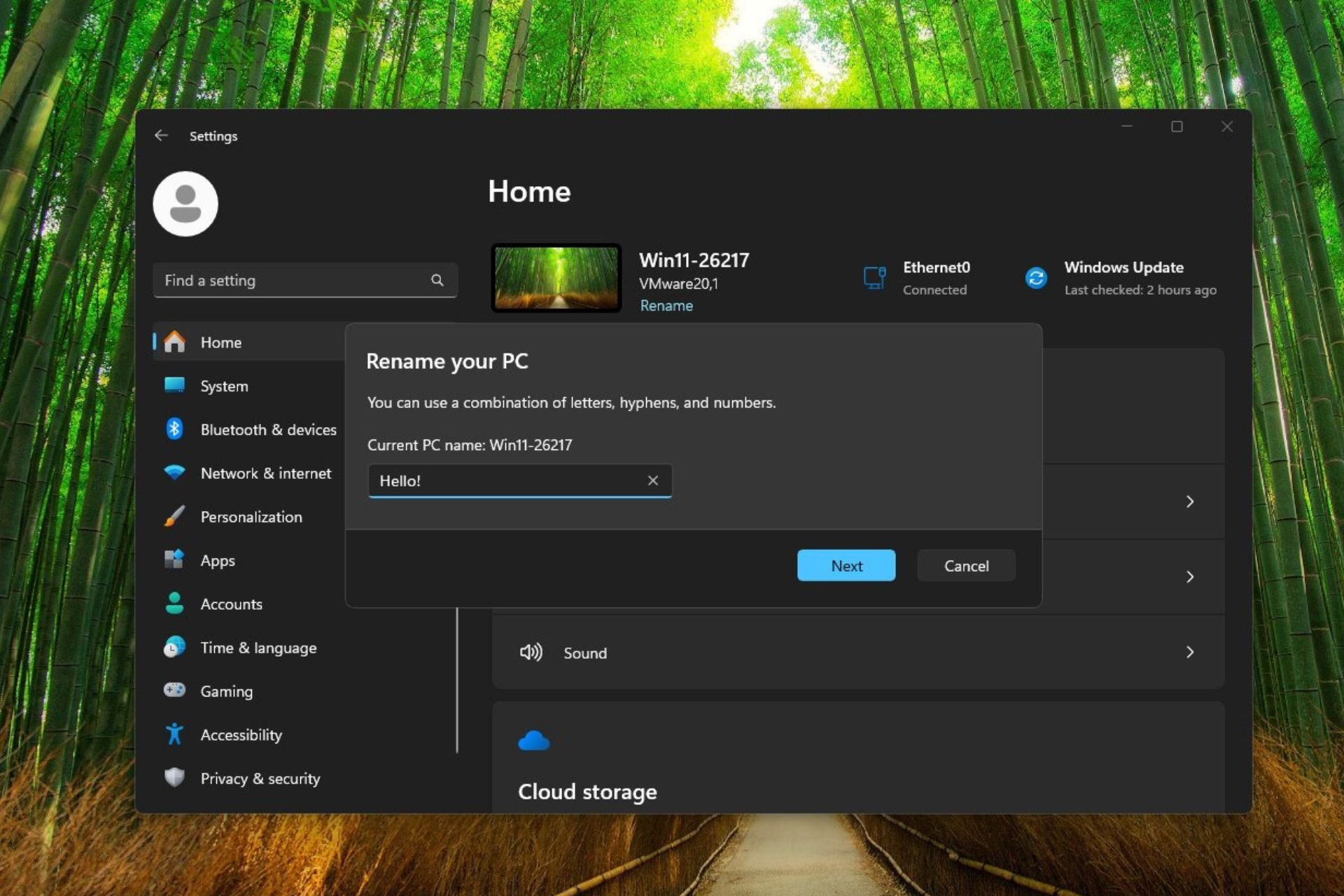Microsoft Teams will finally let users change the name of the general channel
The new policy will be introduced in June 2024.
2 min. read
Published on
Read our disclosure page to find out how can you help Windows Report sustain the editorial team Read more

Microsoft Teams was introduced to the world 7 years ago (it turned 7 last month, in March), and it has gone on to become one of the most popular work-oriented platforms, with over 300 million users globally.
But, believe it or not, despite the large number of users, and the many advanced capabilities, such as Copilot, Intelligent Recap, and so many more, Microsoft Teams doesn’t allow users to rename the general channel.
However, it seems that the Redmond-based tech giant has listened to the needs of users everywhere, and it will introduce the capability to rename the general channel, starting in June 2024, according to the latest entry to the Microsoft 365 Roadmap.
After 7 years of existence, Teams will finally allow users this essential, and long-requested feature. According to the description, which you can read below, only the team owner, or those users who have permission, can rename the general channel.
In our efforts to bridge the gaps between general and other channels, introducing the ability to rename the general channel in your team. General channel in a team can be renamed by the team owner, or member (if they have permissions), to show up in the teams and channels list in alphabetical order.
Microsoft
As per Microsoft’s account, this new policy will impact the desktop version of Teams, but the change itself should appear on all versions, no matter the platform, or the operating system.
The policy will be released in June 2024, which is the same month the Redmond-based tech giant wants to release new features and enhancements for Teams admins, including the exciting meeting artifacts, which could be used in an array of situations, including a potential lawsuit for wrongful termination.
With all these new capabilities, Microsoft finally decided to return to the most basic ones, so the company should be applauded for such decisions (pun intended).








